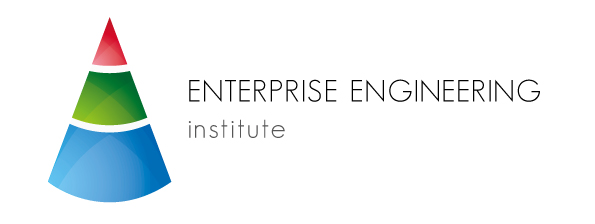Do you have an interesting publication that is relevant for DEMO practitioners?
Contact us if you would like us to publish your article, master thesis or case study.
Direct to Methodology, Case Studies, Publications, Presentations, Practitioner, Academic, Exams, Books
DEMO Methodology documents ^
Case Studies ^
Publications ^
Presentations ^
Interviews and Practicioner’s Publications ^
Example Exams: DEMO Bachelor ^
Example Exams: DEMO Master ^
Example Exams: DEMO Professional ^
BOOKS ^
Zie ook Werken met DEMO
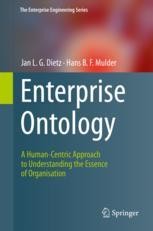
In order to master the diversity and the complexity of contemporary enterprises, theories are needed that separate the stable essence of an enterprise from the variable way in which it is realized and implemented.
Such a theory and a matching methodology, which has passed the test of practical experience, constitute the contents of this book.
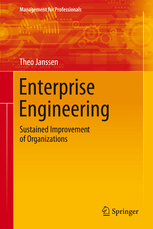
A very practical introduction to the field of enterprise engineering. In the many cases Theo spots the ‘constructional errors’ of organizations, using the DEMO Construction Model. Theo uses somewhat adapted terminology, which is understandable for a management book.
There is also a dutch edition of the book.

This book is a very accessible introduction to DEMO, the leading methodology in Enterprise Engineering.
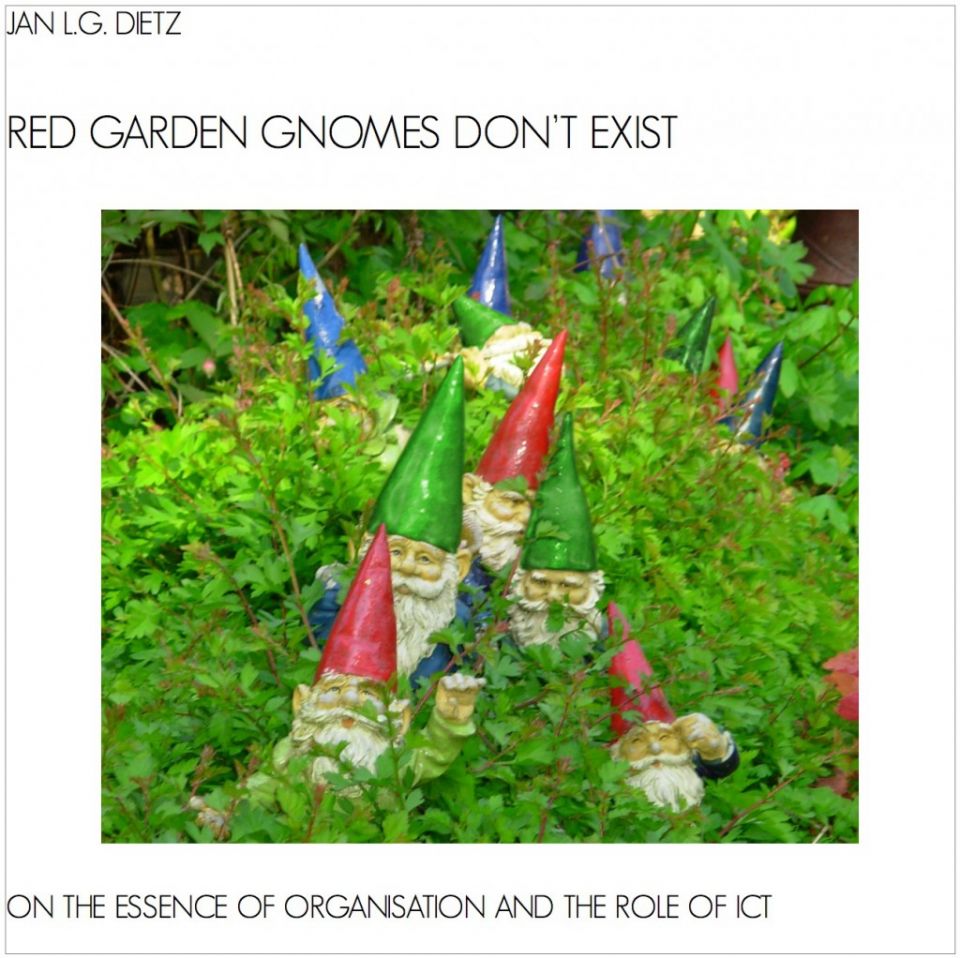
Are you looking for an accessible introduction into the essence of organizations? Sapio has recently published it under the title “Red garden gnomes don’t exist”, written by Jan L.G. Dietz.
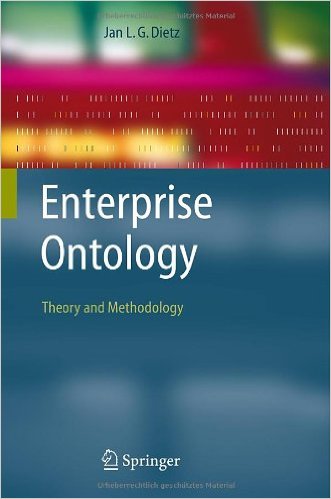
In order to master the diversity and the complexity of contemporary enterprises, theories are needed that separate the stable essence of an enterprise from the variable way in which it is realized and implemented.
Such a theory and a matching methodology, which has passed the test of practical experience, constitute the contents of this book.
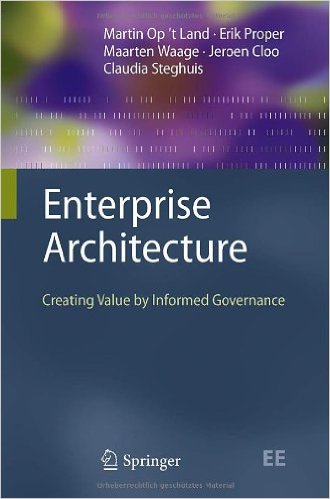
With this book, the authors aim to provide an overview of enterprise architecture including the process of creating, applying and maintaining it, thus taking into account the perspectives of CxOs, business managers, enterprise architects, solution architects, designers and engineers.
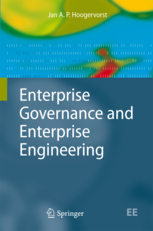
Achieving enterprise success necessitates addressing enterprises in ways that match the complexity and dynamics of the modern enterprise environment. However, since the majority of enterprise strategic initiatives appear to fail – among which those regarding information technology – the currently often practiced approaches to strategy development and implementation seem more an obstacle than an enabler for strategic enterprise success.
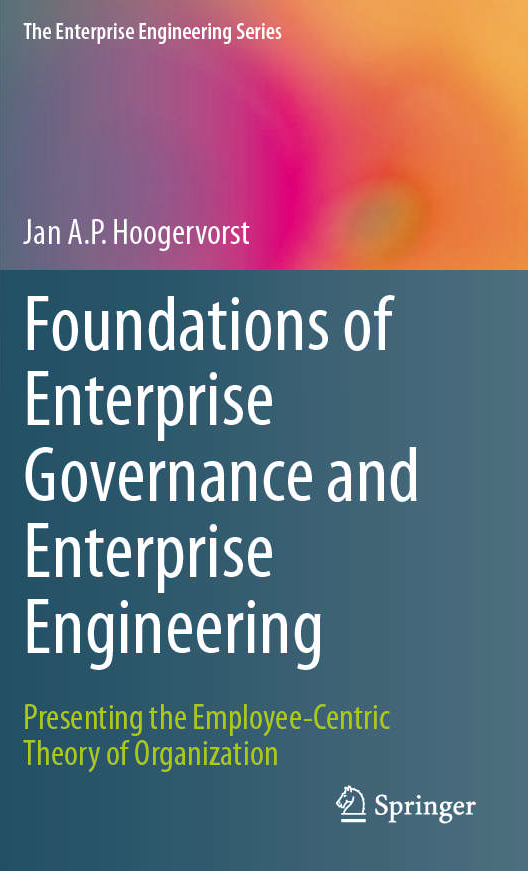
This book outlines the important foundational insights for enterprise governance and enterprise engineering, which are obviously provided by the social and organization sciences, but also by other sciences such as philosophy and information technology. It presents an employee-centric theory of organization in order to secure enterprise performance and also to comply with moral considerations about society and human individuals. This is necessary as prescriptions based on ‘best practices’ or the ‘best managed companies’ are often merely anecdotal, faddish, or controversial, and based on unsubstantiated pseudo-theories.

This book introduces, explains, and illustrates the theories, concepts, and methods needed for sound enterprise engineering. These are based on foundational insights, specifically those concerning the employee-centric theory of organization, which are put into practice by coherently and consistently applying them to enterprise design and change.
